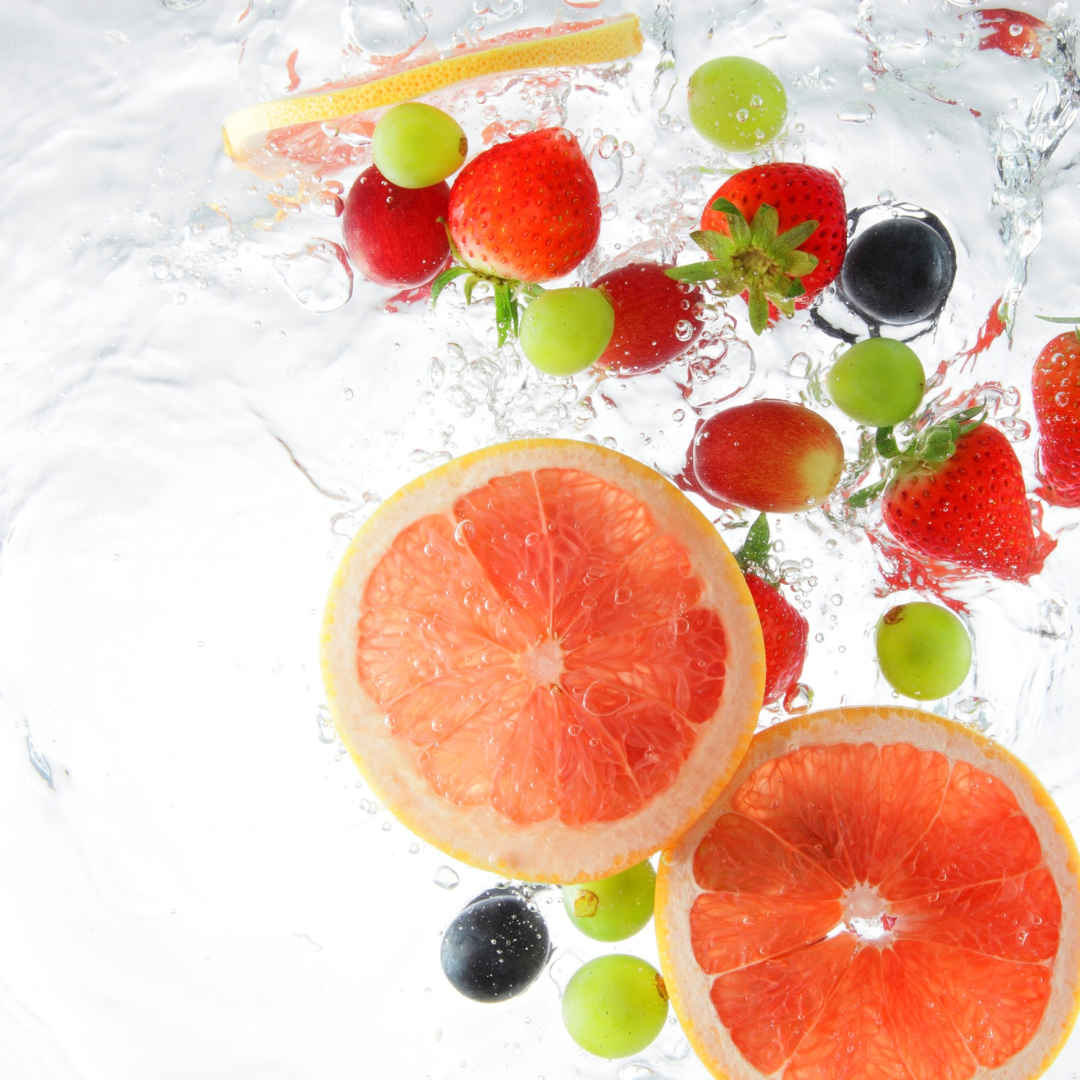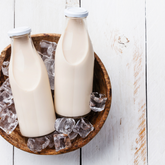Proper hydration is essential for everyone, but vegans may face unique challenges in maintaining electrolyte balance due to the nature of plant-based diets. Electrolytes like sodium, potassium, magnesium, and calcium are critical for muscle function, nerve signaling, and fluid regulation (Manz et al., 2021, Nutrients Journal). Fortunately, with mindful choices, it is entirely possible to maintain optimal hydration and electrolyte balance on a vegan diet.
Understanding Electrolytes and Their Role
Electrolytes are minerals that carry an electric charge, helping regulate many physiological functions. A deficiency or imbalance can lead to symptoms such as fatigue, muscle cramps, dizziness, or even more severe complications (Hew-Butler et al., 2019, Sports Medicine Journal).
- Sodium helps regulate fluid balance and blood pressure.
- Potassium supports muscle contractions and nerve signals.
- Magnesium is crucial for muscle function and heart rhythm.
-
Calcium aids in bone health and muscle coordination.
On a vegan diet, certain electrolytes like potassium and magnesium are often abundant due to high intake of fruits, vegetables, and legumes. However, sodium intake may be lower, and attention may be needed to ensure adequate calcium and magnesium (Craig, 2009, American Journal of Clinical Nutrition).
Key Vegan Sources of Electrolytes
- Potassium: Bananas, sweet potatoes, avocados, spinach, and beans.
- Magnesium: Almonds, cashews, pumpkin seeds, leafy greens, and whole grains.
- Calcium: Fortified plant milks, tofu, chia seeds, and kale.
-
Sodium: Naturally low in many vegan foods; can be supplemented through sea salt, miso, or fermented vegetables.
Hydration Tips for Vegans
- Incorporate Hydrating Foods: Many fruits and vegetables like cucumbers, watermelon, and oranges are naturally hydrating and contain essential electrolytes (Popkin et al., 2010, Journal of Nutrition).
- Create Electrolyte-Boosting Drinks: Homemade plant-based electrolyte drinks using coconut water, citrus juice, and a pinch of sea salt can be excellent, natural alternatives to commercial options.
- Mind the Heat and Activity Levels: Increased sweating from exercise or hot climates accelerates electrolyte loss. It's essential to proactively replenish both fluids and electrolytes (Sawka et al., 2007, Journal of Applied Physiology).
- Monitor Calcium Intake: While vegan diets can be rich in certain electrolytes, calcium may need special attention. Fortified plant-based milks are an effective way to ensure adequate calcium intake.
-
Use Smart Kitchen Tools: Devices like the Milky Plant can help you make fresh, additive-free plant milk, ensuring you receive optimal nutrition from whole foods. Freshly made almond, oat, or hemp milk can serve as a base for nutrient-rich, hydrating smoothies.
The Role of Clean Water
Clean water remains the foundation of hydration. Filtering your tap water with devices like The Watery ensures you're consuming pure, contaminant-free water, supporting overall health and hydration.
Maintaining hydration and electrolyte balance on a vegan diet is entirely achievable with mindful food choices, attention to electrolyte-rich plant foods, and the help of clean water and homemade plant-based beverages. With Milky Plant and The Watery, you can easily incorporate nutrient-rich, hydrating options into your daily routine, supporting your well-being naturally.















